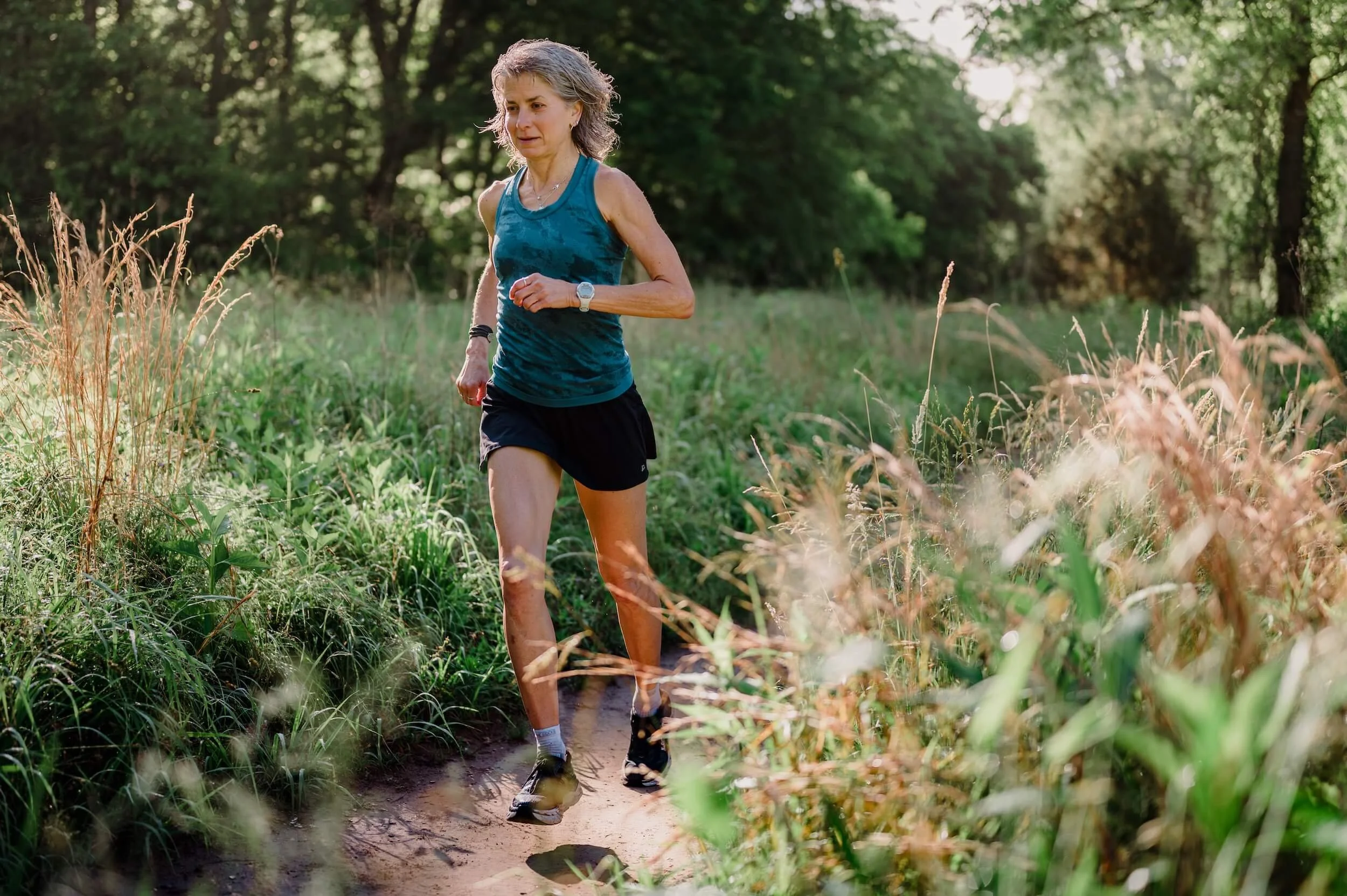You Don’t Have to Top Your Best Race
You crossed the finish line of your first ultra. Or maybe you finished your first 100-mile race. Perhaps you even placed in your age group.
It was everything you'd hoped for and more—the kind of race that makes all the training, all the schedule changes, all the doubt worth it.
And now? Now you're thinking about racing again.
You want to but you can't shake this feeling. This dread that whispers: “What if I can't do it again?”
The Trap of Success Intolerance
Here's what happens after a big race. You tell yourself—maybe without even realizing it—that you need to run as good or better than you just did. Anything less proves that your good race was a fluke, and you’re really not that good.
So you do one of two things.
You avoid similar races. You sign up for smaller races. You tell yourself you're "just running for fun now" or that you "need a break." And maybe you do need a break—but if you're honest, part of you is afraid of not measuring up to that one great day.
Or you pile on the pressure. You go into your next race carrying the weight of your last race. You “have to” run that fast again. You “need” to place that high. The race stops being something you want to do and becomes a test you have to ace.
And when you carry that kind of pressure? It's nearly impossible to run well. Sometimes it's impossible to even finish.
Either way, you're stuck. Paralyzed by your own success.
The Real Problem: You're Using the Wrong Definition
The issue isn't that you want to improve. The issue is that you're accepting the default definition of what 'better' means.
We default to the obvious metrics: time, place, distance. We assume that faster, higher, longer automatically equals better.
But does it?
Think about it. A slower time on a technical, mountainous course like Leadville 100 might fill you with more pride than a fast time on flat Tunnel Hill 100. You might place lower in a big race like UTMB and still run the race of your life. You could DNF a brutal race with tight cutoffs like Barkley Fall Classic and walk away more satisfied than if you'd finished an easier one.
These numbers don’t tell the full story. They vary by terrain, weather, size of the field - a million things. Comparing one race to another - or even the same race from year to year - based purely on a number like finish time is like comparing apples to completely different apples grown in different orchards in different years.
When you let the number determine your success, you're not asking the right question. You're settling for the easiest answer.
Decide What "Better" Actually Means
So here's what you do instead: decide for yourself what better looks like.
Not what the results page says. Not what other people say. Not what you think you're supposed to want.
What do you actually value? What would make you proud?
Maybe it's running more evenly paced. Maybe it's staying confident when things get hard. Maybe it's enjoying the experience instead of white-knuckling through it. Maybe it’s hydrating and fueling better. Maybe it's running without crew or pacer.
Those are all legitimate definitions of "better." And they're all within your control, regardless of the course or the weather or who else shows up.
A Definition Worth Keeping
Here's one version of “better” I'll suggest: “Applying what you learned in your last race to run your best in the next one.”
Read that again.
If you take the lessons from your great race—what worked, what didn't, what you would do differently in the next race—and use them to show up more prepared, more present, more intentional in your next race? That's growth. That's better.
This definition does something powerful. It shifts your focus from results you can't fully control to a process you can. It gives you something meaningful to pursue in every single race, no matter what the clock says or how many people show up to the race.
And it’s sustainable. When your body inevitably slows down as you age—because it will—you don't have to spiral into frustration. You'll simply learn from races with your "new" body and apply that learning to the next one. You'll keep growing as a runner, even as your times and places change.
Your Best Race Wasn't a Benchmark—It Was a Teacher
That fantastic race you have to live up to? It wasn't your ceiling. It was a lesson.
It taught you something about what you're capable of, about how to train, about how to push. It gave you data—not just about your splits, but about yourself.
The question isn't whether you can do as good or better. The question is: what will you do with what you learned?
When you shift your definition of success from hitting numbers to applying knowledge, everything changes. The pressure lifts. The dread dissolves. Racing becomes something you get to do again, not something you have to live up to.
You don't owe your next race a repeat performance of your last one.
You owe it your best effort, built on everything you've learned so far.
That's not just good enough. That's better.

